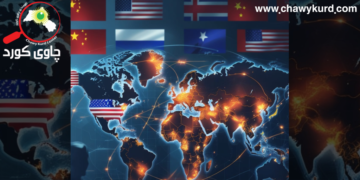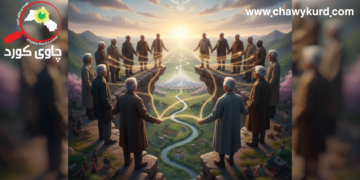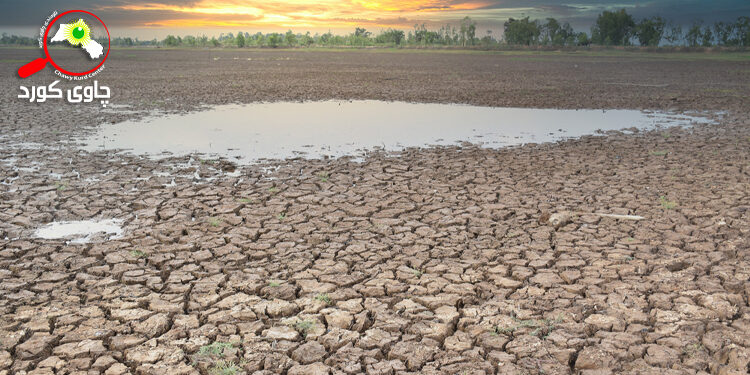Experts agree on first decades of twenty first century would be a combat of water in contrast of twenty century that all focuses on oil. Since the past human beings searched for damp areas, this illustrates the significance of water. Therefore, international law intensely emphasizes on the subject and challenges to find a way how states deal with water crisis.
According to the law the river water, divided into two types: Nation River is the waters that sourced inside the country from the source till the end such as Times in UK and Sin in France, its supervisions and authorities belong to the country itself. International River is water that cross a border of two or more countries, each of involved countries have right to use the water for agriculture etc.
In order to solve the water crisis several steps had done in different times, finally in May, 21st 1997 UN under a decision of most of the members with 104 YES and only 3 NO votes accepted international agreements of “using international water corridor, except sailing purposes”, it can be said that this international agreement confirmed as one of the most effective decision in solving water crisis. In article 23 claimed that if the problem cannot be solved between water owners, afterward must make a committee to indicate the truth and then depend on International Arbitration.
There are some principles of international law to solve the water crisis, which most of the countries should rely on during the water crisis
-
Agreement principles among partnership states.
-
Fairs in dividing the waters and get benefits between states.
-
Assisting each other in developing and increasing waters.
-
Without acceptance of involved countries should not change river’s direction and create blockage in front.





























































